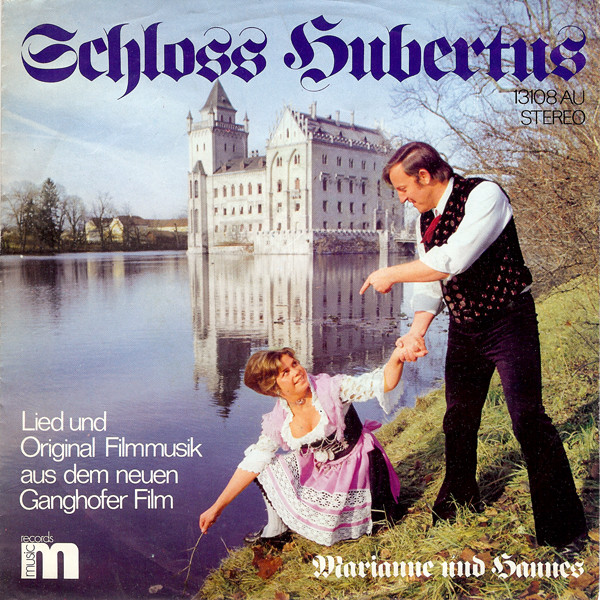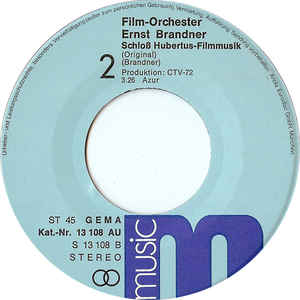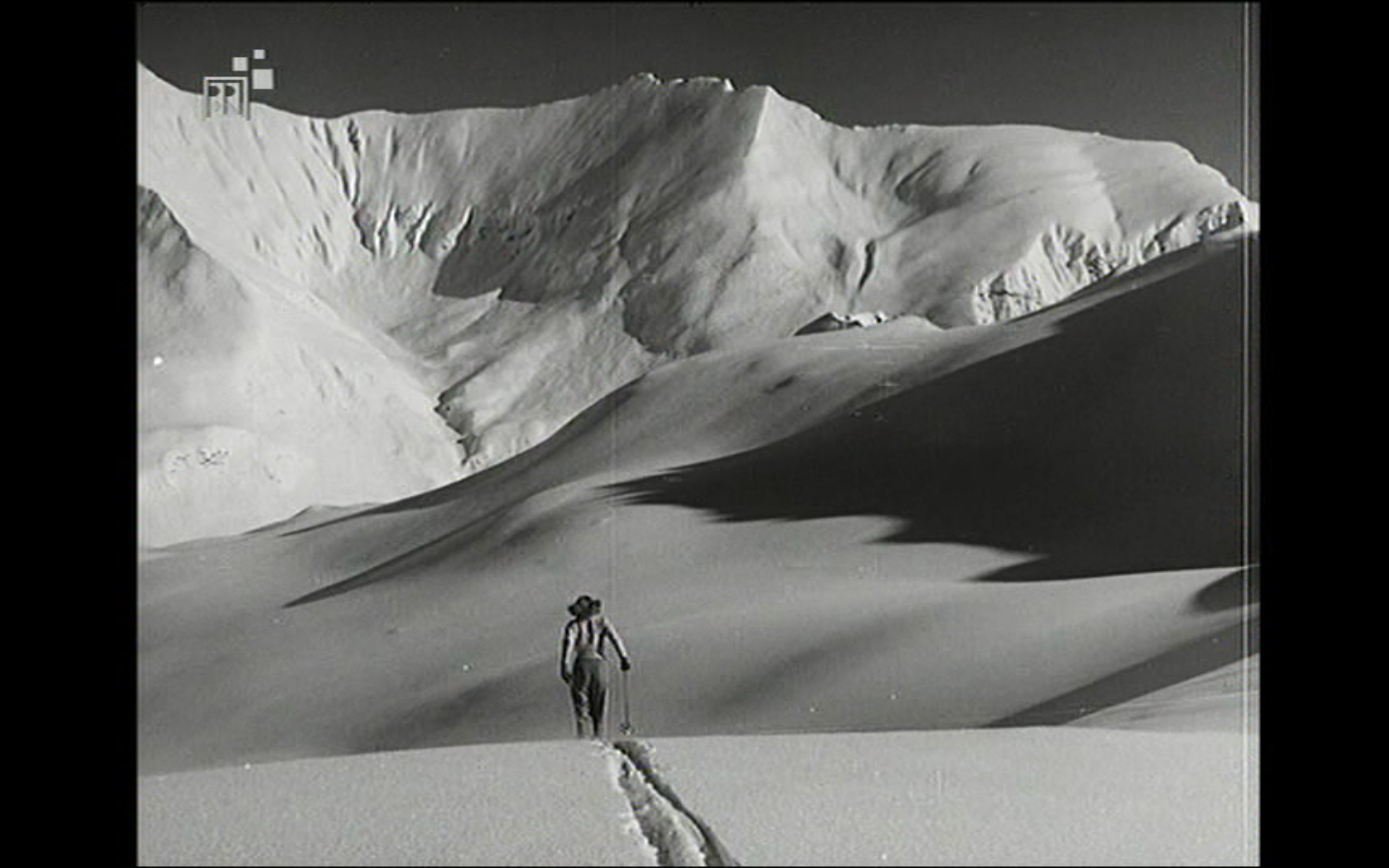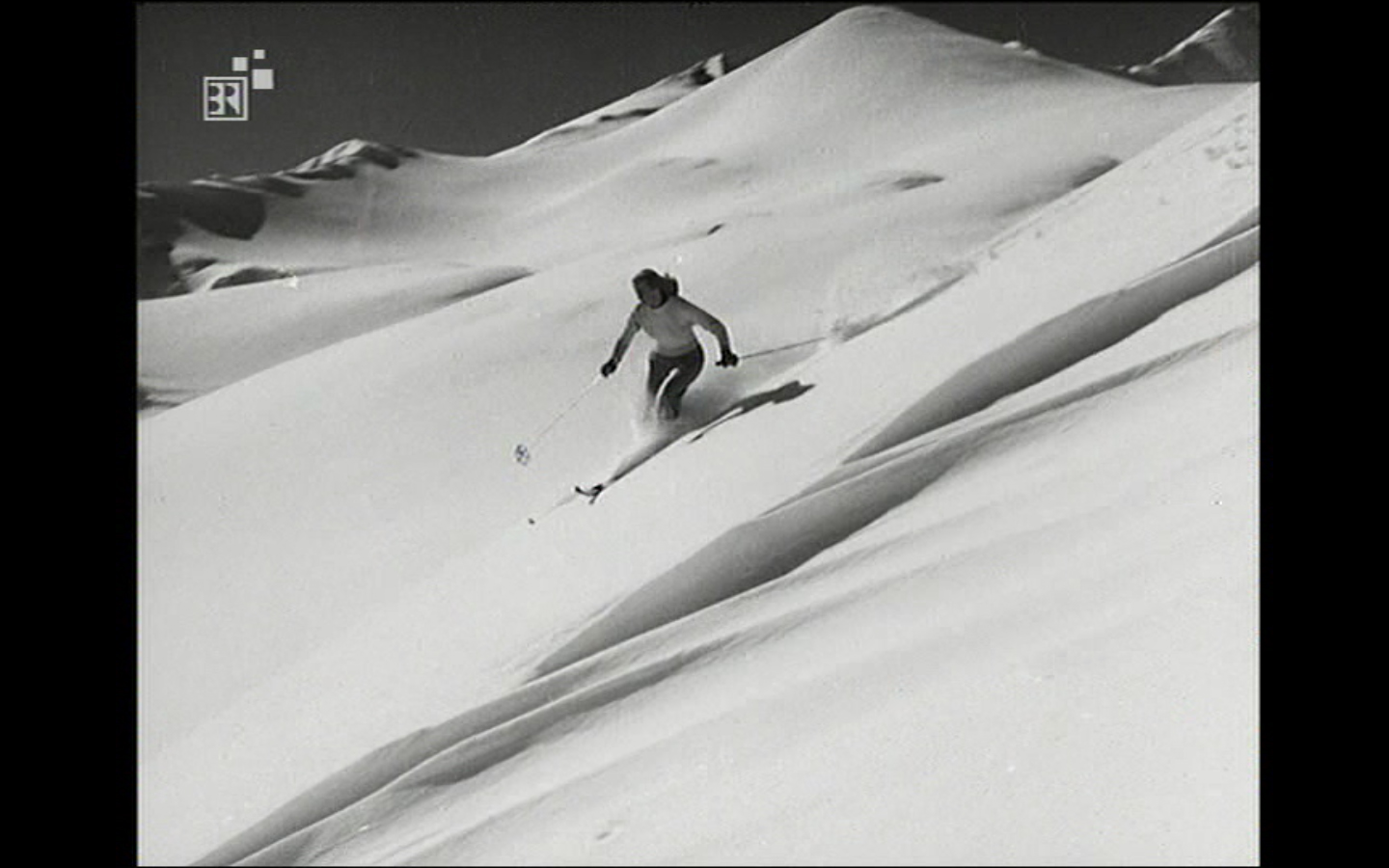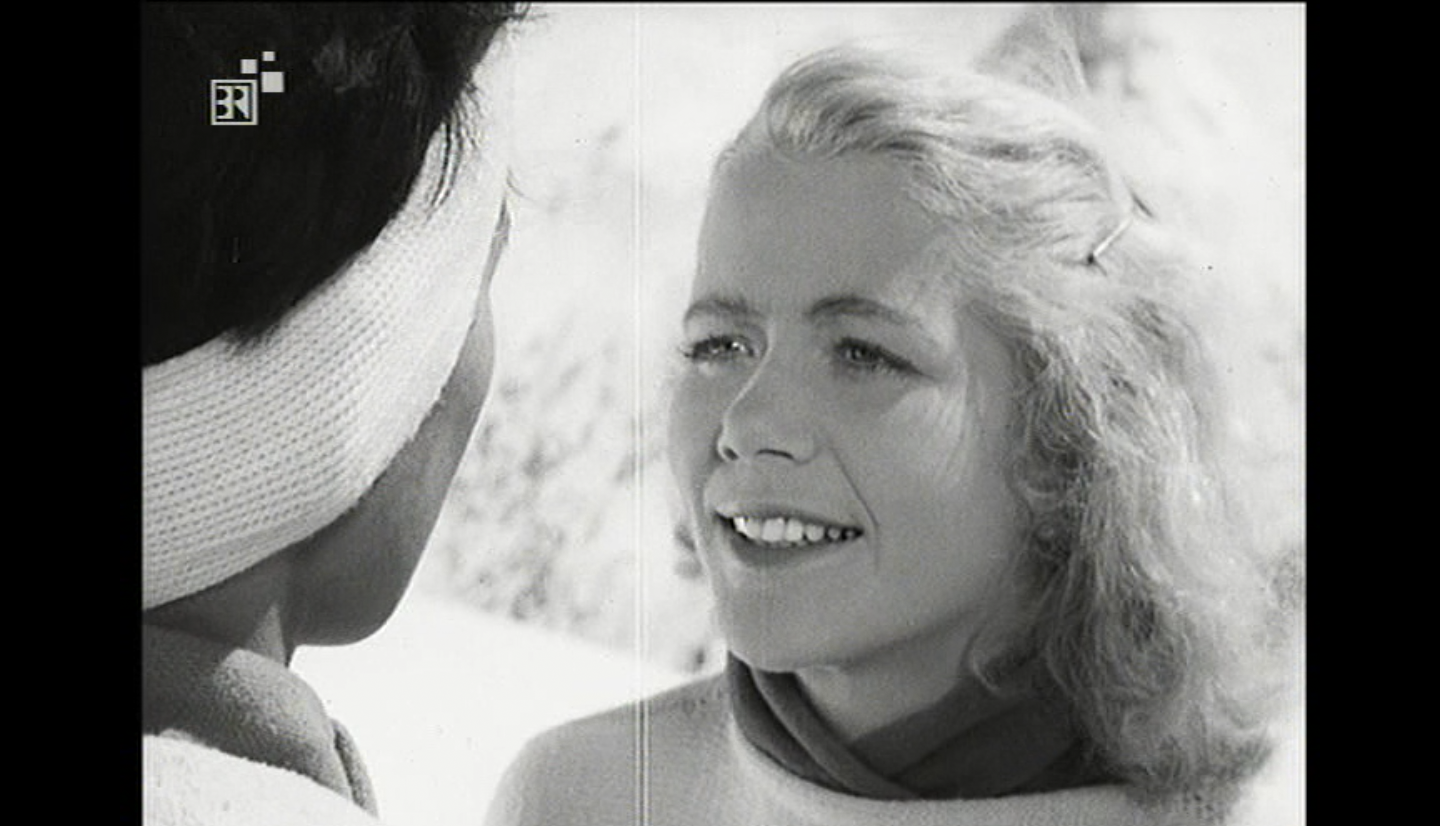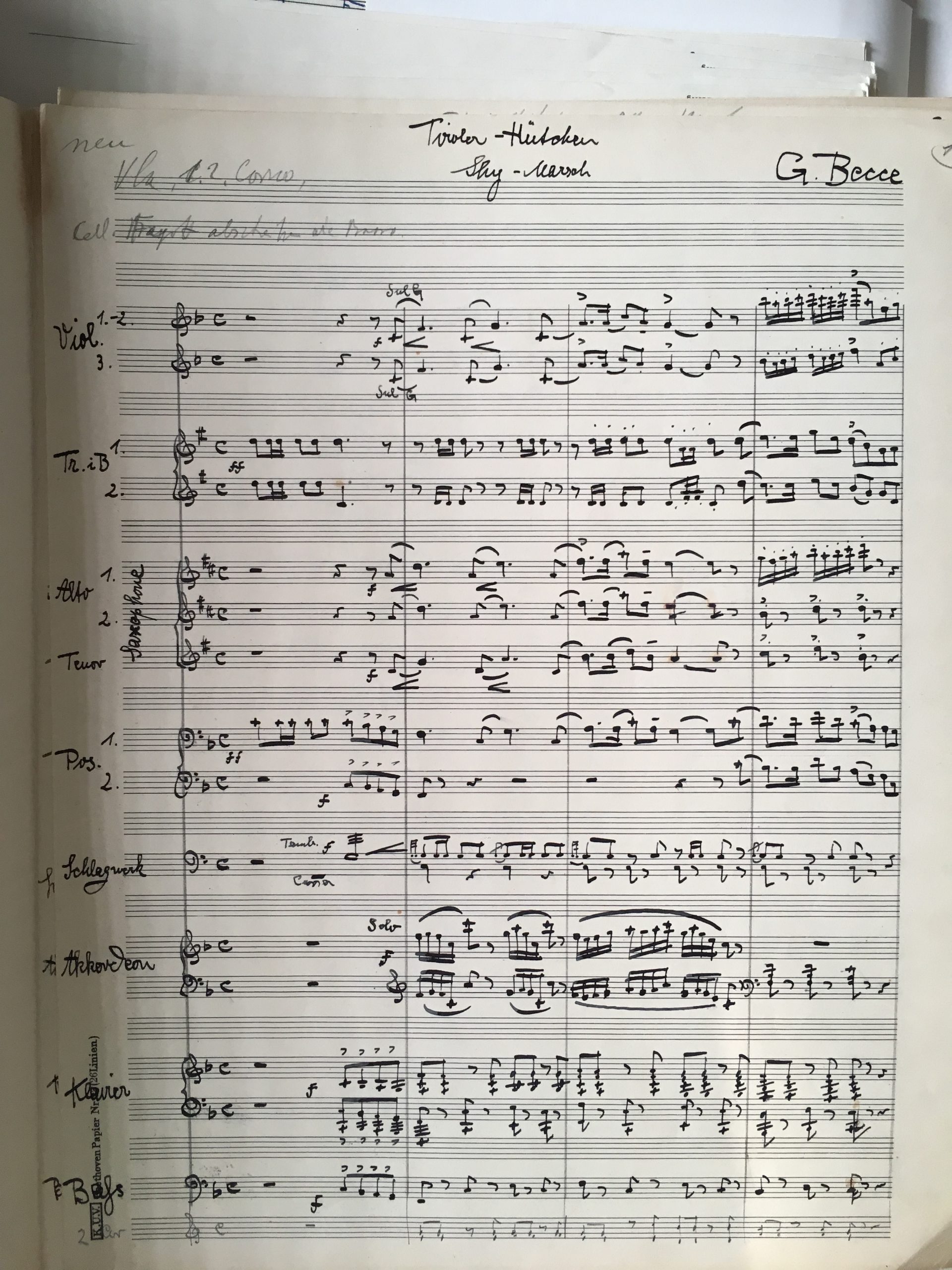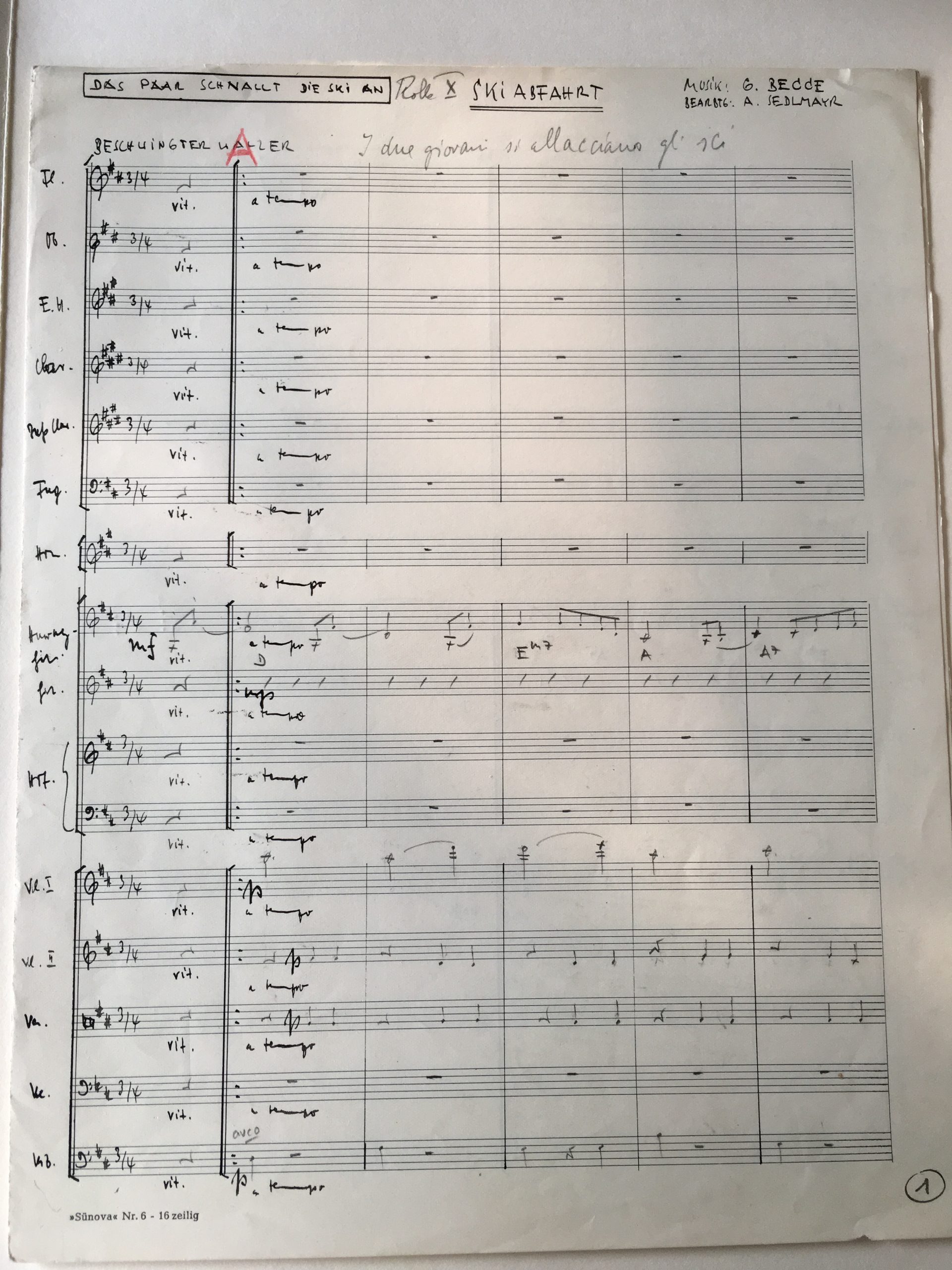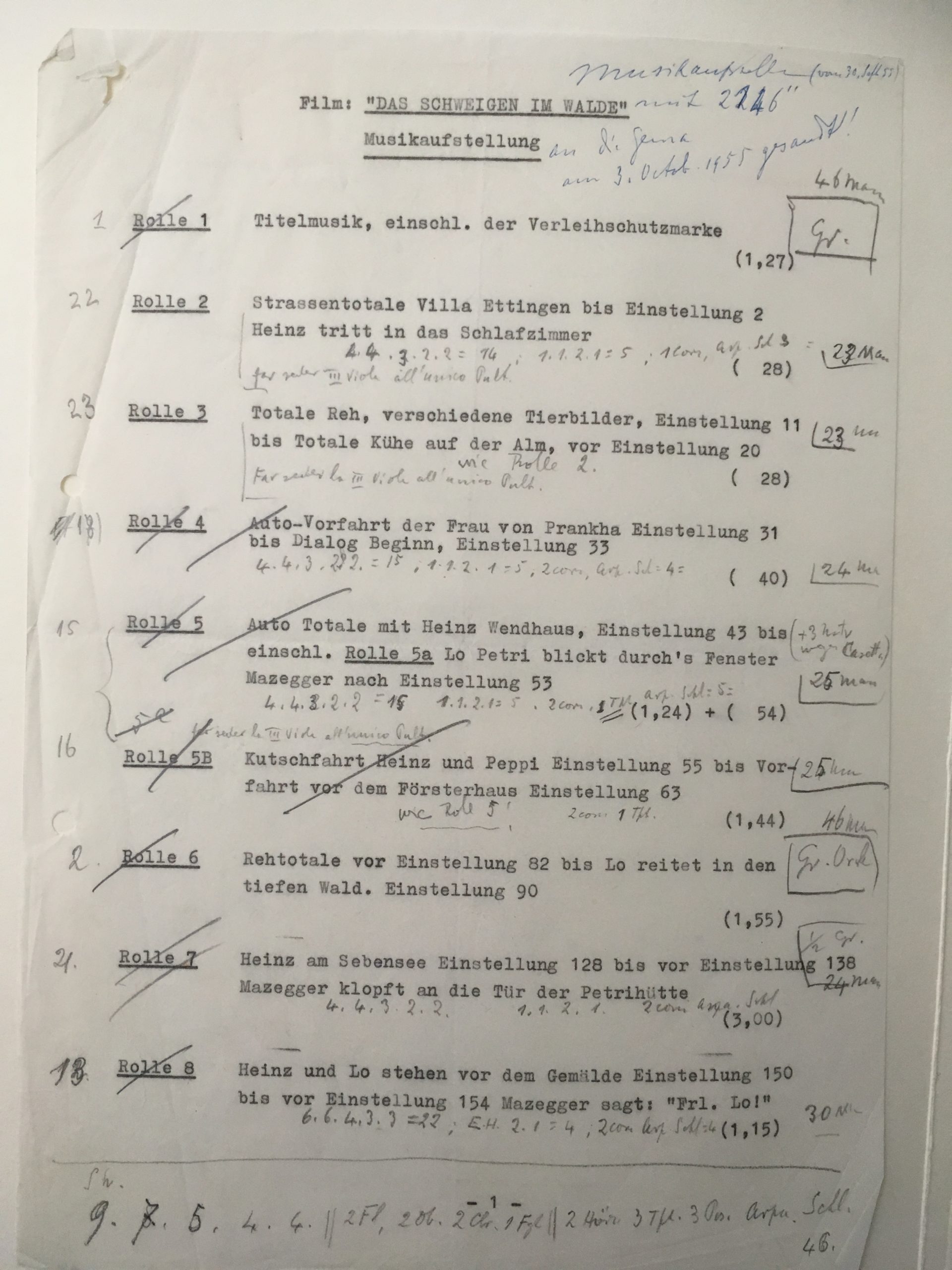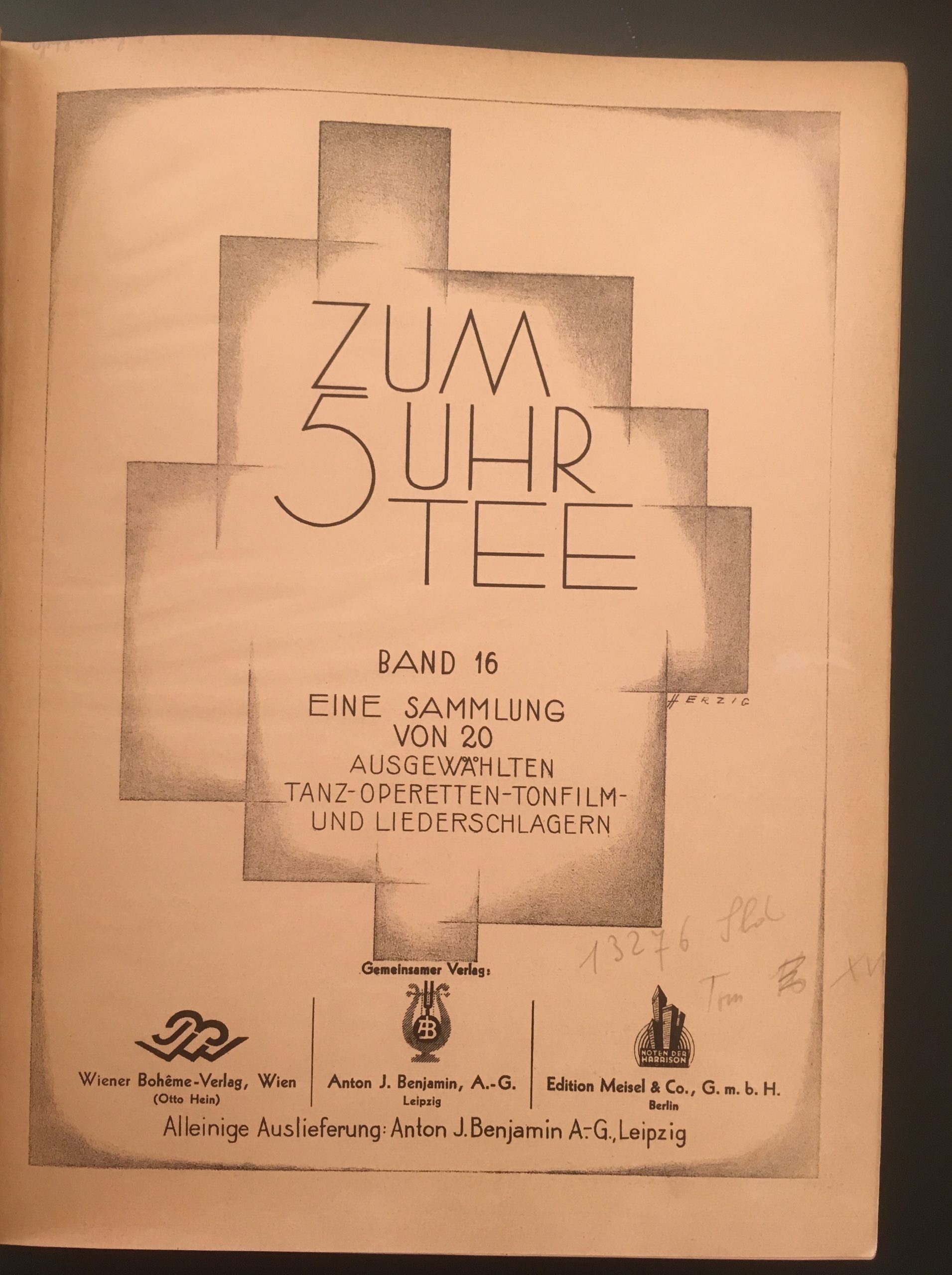Soundscapes of 'Heimat'
Mapping Musical Signatures
Research Project
This project aims to contribute to the clarification of the concept of 'home' by showing how it is created in relation to media and pop music and how it influences a sense of collective identity and social belonging. Since the beginning of the 20th century, the medium of film has proved to be an essential constructive element of 'home' in the German-speaking world. In the research literature on 'homeland' films and mountain films of Austrian/German film production, the important role of music in these films has so far been given little attention.
Project Lead
Maria Fuchs
Lifetime
1st February 2020 – 30th June 2023
Finance
FWF (Schrödinger-Programm, J 4413)
University / Research Place
Center for Popular Culture and Music at the Albert-Ludwigs-University Freiburg
Final Phase
Institut für Musikwissenschaft und Interpretationsforschung at the University of Music and Performing Arts Vienna
The research project undertakes a survey of the compositional strategies for the representation of the landscapes, places and narratives assigned to the Heimatfilm and Bergfilm genre and constructed through media under the slogan of 'Heimat'. With regard to the Heimatfilm, the study concentrates predominantly on Ludwig Ganghofer adaptations between 1930 and 1970. The literary works of hardly any other author have been translated so often for the cinema. They also played a central role in the 'remaking' of the Heimatfilm in post-war Germany and in the 1970s. As regards the Bergfilm, this project focus on fictional and non-fictional productions of the 1930s and 1940s, especially on the works of directors Arnold Fanck, Luis Trenker and Harald Reinl.
The objective is to reconstruct the musical repertoire for the representation of the Alps in these historically most enduring, German-speaking film genres. As a result, film-musical archival material will be analyzed for the first time in inter- and transdisciplinary research contexts and processed in digitalized form. In addition, the aim of the project is to analyse the transmedia marketing of the music used in the films, which will provide information about the generation of a specific musical knowledge of 'Heimat'.
Given the relevance of cultural identity in the midst of a dramatic increase in debates about migration and demographic changes, the study of these 'Soundscapes' will provide important and new insights into the potent politics of this film historical repertoire and of culture as a whole. In addition, new theoretical and methodological models for the field of film and media music as a subject of popular culture are to be expected.

